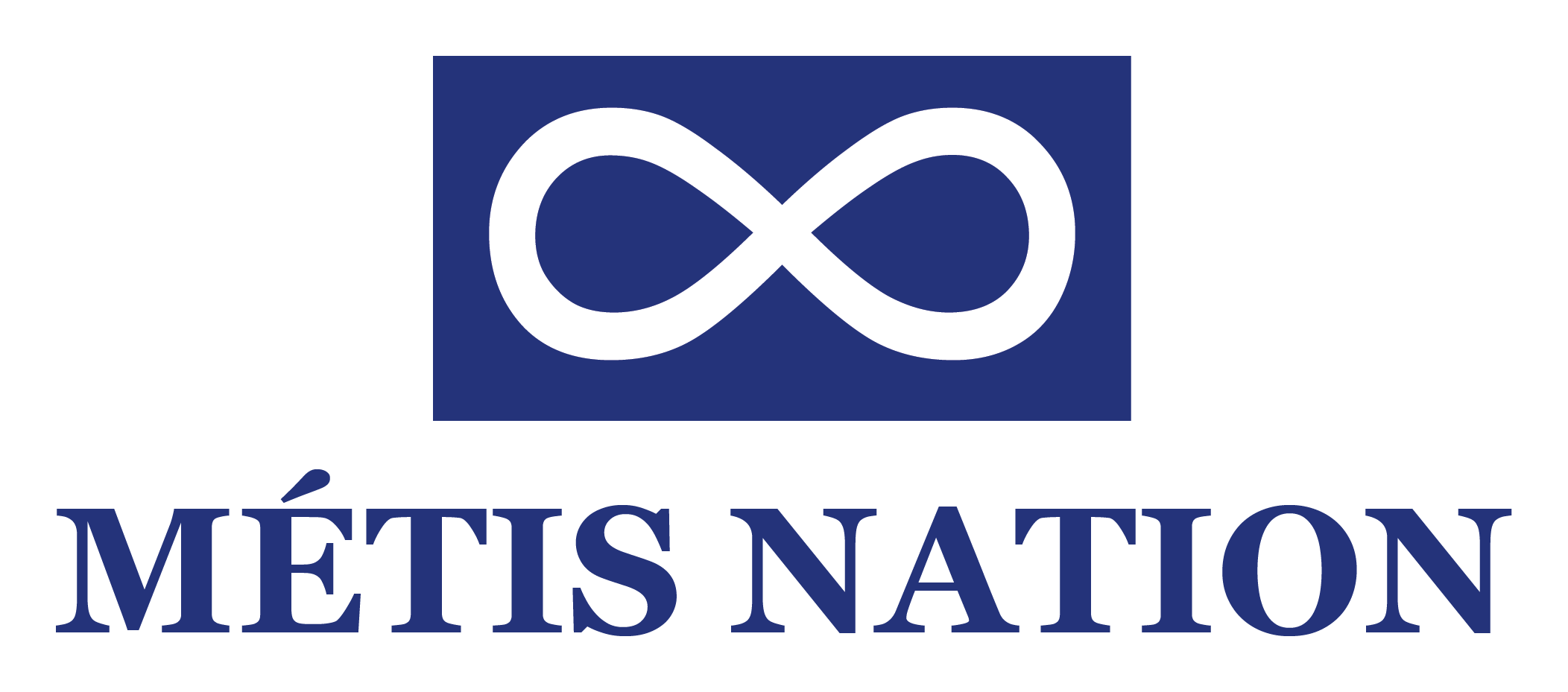
The Métis are a distinct Indigenous people who have deep connections with the land, rivers, and lakes across the northern plains – now the area of western Canada – where the Métis Nation began to flourish in the 19th century. Beginning with their involvement in the fur trade and buffalo economy, the Métis Nation has long-term cultural and environmental knowledge regarding the changes taking place across their homeland.[1]
For Kyle Vermette – a Métis citizen from Saskatchewan – he believes that “Indigenous peoples have an ancient knowledge and ancient understanding of how the world works.” Vermette suggests that values of environmental protection and conservation are core to Indigenous peoples: “I think it’s part of our DNA.” He explains how Métis knowledge weaves a nuanced and place-based understanding of the land and its people, “we live in a particular area and that’s what we’re stewards of.”
Métis Knowledge and Climate Change
Métis culture, language and ways of life – rooted in the coming together of Europeans and Indigenous ancestors – formed an entirely new and free people, Optipemsiwak, despite systematic efforts to remove, displace and dispossess Métis from their land.[2] Indeed, Métis have a “long history of sustainable entrepreneurial economies based on knowledge systems closely tied to their traditional territories,” which offers a unique perspective regarding environmental change.[3]
Nestled in the rolling countryside of the Turtle Mountains in Southern Manitoba, Will Goodon stands beside his family’s log cabin, which he built with his father whose first memories emerged from a similar cabin that once stood in the same location. Goodon reflects on his connection to this particular land – the time he’s spent hunting, trapping, and fishing with his family – while also speaking about his time as a Métis leader negotiating for his people locally, nationally, and internationally.
“We are a distinct Nation, we are a distinct Indigenous people. We’re not just mixed. We have our own unique take on what it means to protect the planet, protect nature, and on what it means to make sure conservation is a principle that is absolutely at the highest level,” says Goodon. It’s a very hot day and climate change is at the forefront of discussion.
Goodon is speaking in the middle of a record-setting heat wave in Western Canada – with extreme temperatures, extensive drought, and dangerous wildfires – affecting the entire landscape and its inhabitants. Goodon’s immediate concern was for the wellbeing of communities and ecosystems upon which they depend for their wellbeing and livelihood.
“How does it affect our harvesters? The first thing I think about is the water. The water has changed because of climate change. The levels of the water in the lake changes, and that affects the fish, affects the ducks, affects the animals, everything that needs water is going to be affected. Those are huge concerns, I think, and should be for everybody,” says Goodon.
Métis Wildland Firefighter Video
With climate change – caused by greenhouse gases – forests are drying and the likelihood of extreme fire breaking out across western Canada, the homelands of the Métis Nation, has increased by 1.5 to 6 times.[4] Métis knowledge, passed on intergenerationally, shows a keen understanding of these climate driven processes, the advantages of locally-based decision-making regarding forest management, and support for fire mitigation efforts that link with cultural and natural ecosystem-based processes.[5]
Marina Best, a Métis conservation expert, who works at the interface of Indigenous knowledge and Western science, says that Métis knowledge is “truly multifaceted by leaning on history, land use, medicines, spirituality, stories, teachings, respect, among many other things.” Best suggests that society is in a critical moment, requiring linkages between science and Indigenous knowledge, and suggests that Métis perspectives are important because they have bridged these worlds for decades.
“I think that Metis interpret and react to the impacts of climate change in creative ways, drawing on their Metis knowledge and other technologies, of course, to find solutions which may help the larger society cope with these impending changes from climate change,” says Best. She’s seen practical ways that Métis and Western approaches can respectfully interact and solve real-world challenges -- such as Indigenous Protected and Conserved Areas, or IPCAs -- and is hopeful about the future.
Métis Perspectives on Climate Change and Conservation Video
Back in the Turtle Mountains, in the sweltering midday heat, Will Goodon’s daughter Taylor joins him to discuss Métis knowledge and climate change. Taylor offers an important youth perspective, especially as a Métis person studying sciences in University, and who is also deeply connected with the land.
Speaking to the intergenerational nature of Métis knowledge, Taylor says “I’m thankful to be able to grow up in a family that’s still connected to their culture” and gives credit to their father, grandfather, and larger community for sharing wisdom. Taylor adds “I think it’s essential for Métis youth to not only be heard but at the forefront of this issue.” Will listens carefully from the porch of the cabin, acknowledging the leadership of the next generation, as Taylor wraps up:
“I wish that in academia more attention was brought to what it means to truly be on the land and what it means to be Indigenous to the land. And the connection between the two, I think, has really strengthened my understanding of climate change, and makes me want to fight for it even more.”
References
- Teillet, J. 2019. The North-West is Our Mother: The Story of Louis Riel’s People, The Métis Nation. HarperCollins Publishers: Toronto, ON.
- Logan, T. 2015. Settler colonialism in Canada and the Métis. Journal of Genocide Research, 17, 433-452.
- Hodgins-Smith, K. and Kermoal, N. 2016. Community-based research and Métis women’s knowledge in Northwestern Saskatchewan. In Kermoal et al. (Eds). 2016. Living on the Land: Indigenous Women’s Understanding of Place. Athabasca University Press: Edmonton, AB.
- Kirchmeier-Young, M.C., Zwiers, F., Gillett, N.P. and Cannon, A.J. 2017. Attributing extreme fire risk in Western Canada to human emissions. Climatic Change, 144, 365-379.
- Christianson, A., McGee, T.K. and L’Hirondelle, L. 2014. The influence of culture on wildfire mitigation at Peavine Métis Settlement, Alberta, Canada. Society and Natural Resources, 27, 931-947.
Recommended Article Citation
Climate Atlas of Canada. (n.d.) Métis Knowledge and Climate Change. Prairie Climate Centre. https://climateatlas.ca/metis-knowledge-and-climate-change









.png)


